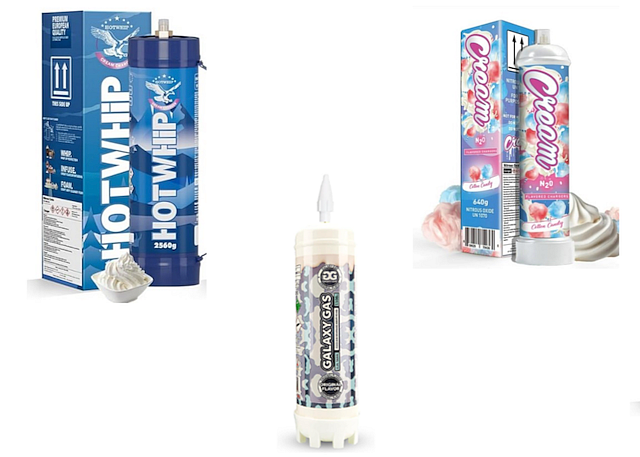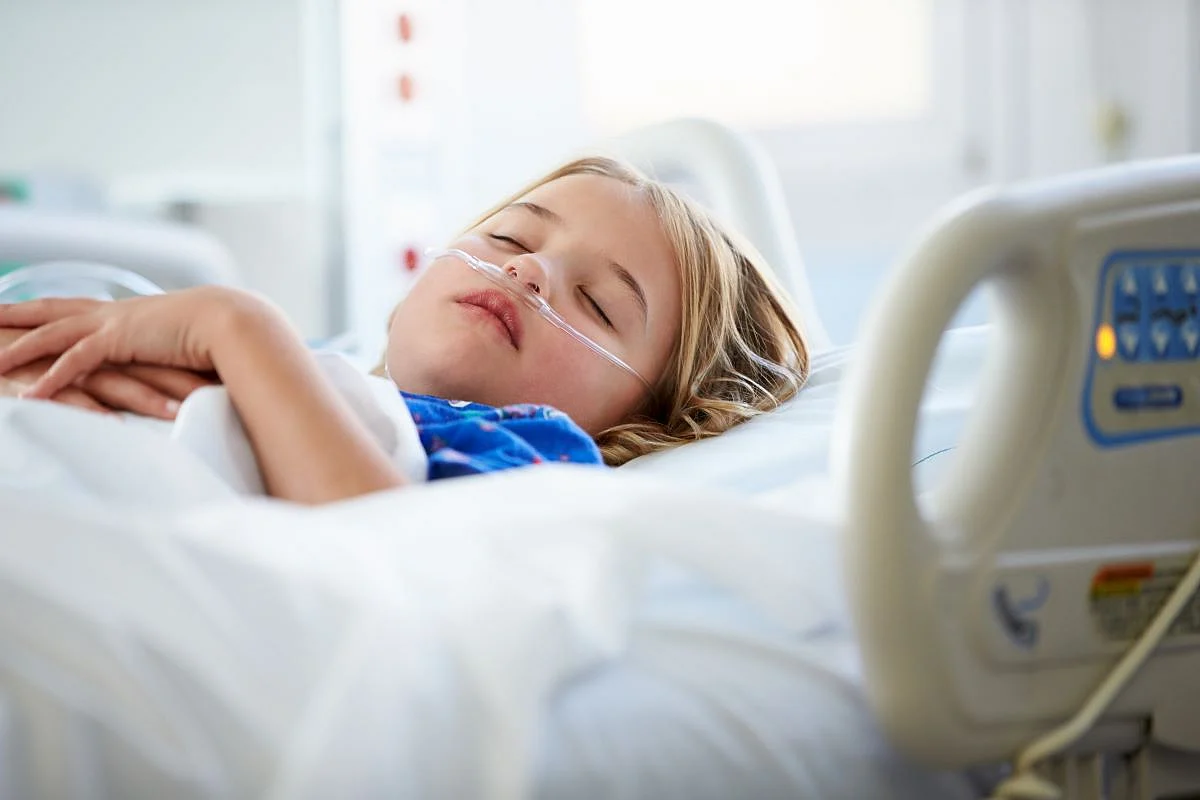
Pro wrestling icon Hulk Hogan died of a heart attack, Florida officials confirmed Thursday. The 71-year-old entertainer, whose real name was Terry Gene Bollea, died last week in Clearwater, Florida. The official cause of death was acute myocardial infarction, the medical term for a heart attack, according to records from the medical examiner obtained by… read on > read on >


















